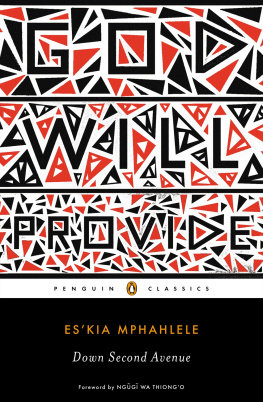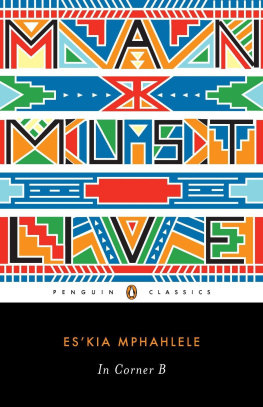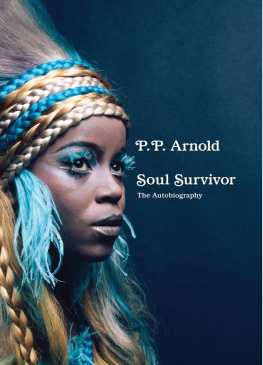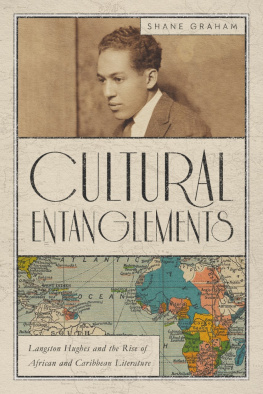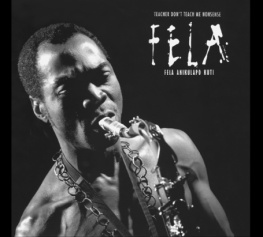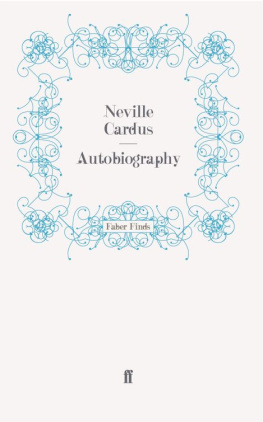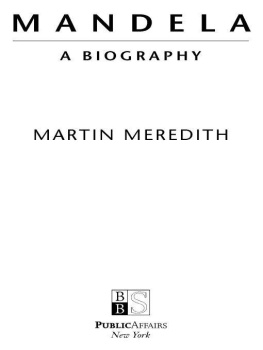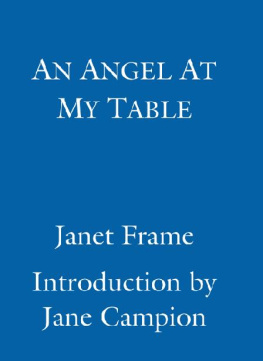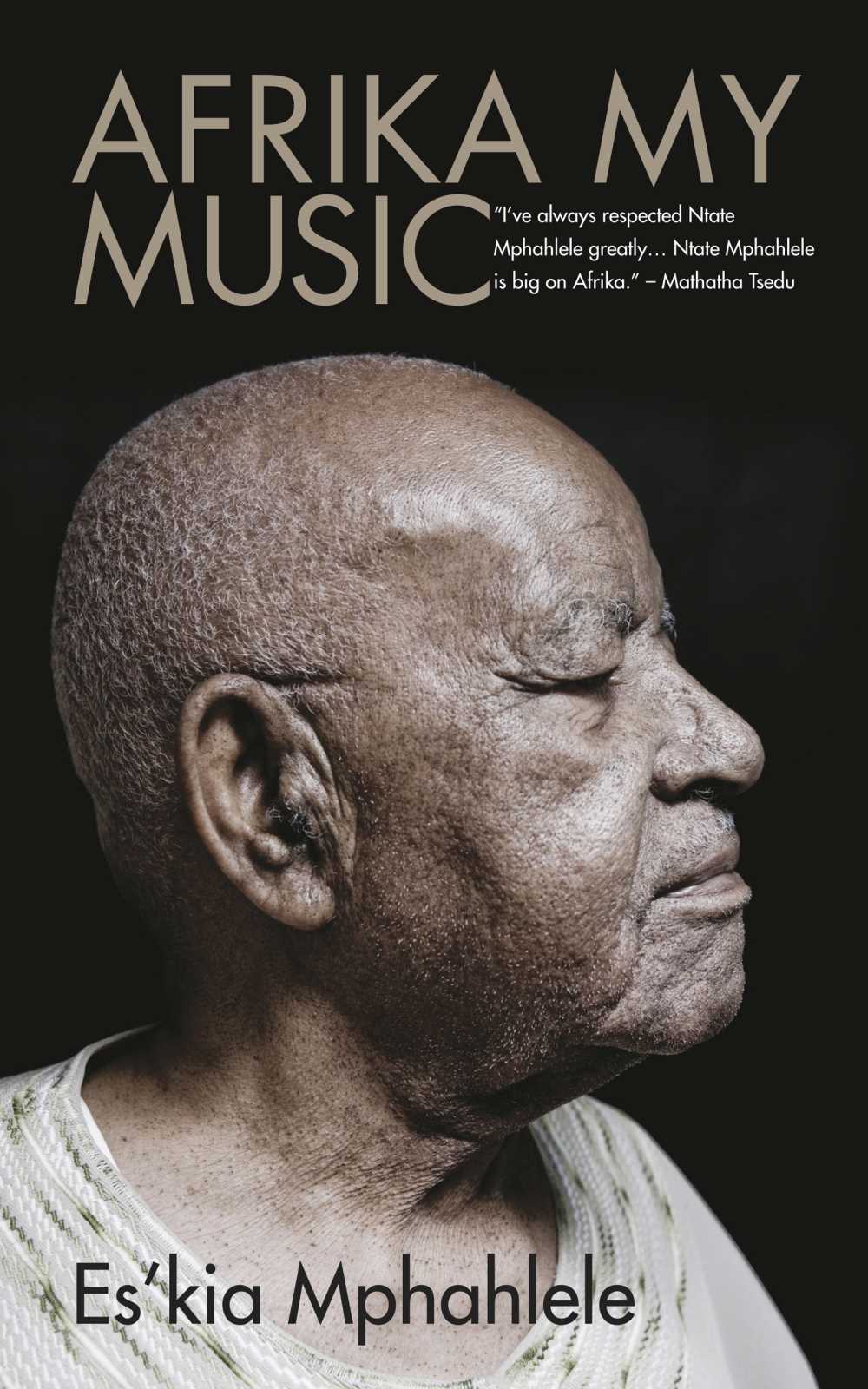I
The Sounds Begin Again
I am sitting out on the stoep of our house at Lebowakgomo, fifty kilometres south-east of Pietersburg. A city in the making. In front of our row is bush. Pitch dark. Not more than six kilometres to the north, beyond the bush through which the Tudumo River cuts, is the hill. A narrow valley away from the hill is the Mogodumo mountain range. Further on, out of my line of vision, Mogodumo is severed at Chuenes Pass for the road that runs from Lydenburg to Pietersburg. Mogodumo-tona (masculine in Sesotho) is the huge, imposing part of the range to the left of Chuenes Pass. The part in front of us is Mogodumo-tshadi (feminine). Partly because the name itself suggests a superhuman rumbling within that sheer bulk of rock heaving against space, I like to think of Mogodumo as the mountain of the gods.
Twelve kilometres to the east is Maupaneng, the village in the Mphahlele district where I spent seven years of my childhood, looking after cattle and goats. The mountain dark and its boulder-heaving rivers has since those days held some enchantment for me. In all the years of our exile we did not encounter such a river as the Hlakaro is on its journey through Maupaneng. Apart from the Congo in parts, and the Zambezi at the famous falls, the rivers have been placid, heavy-bosomed.
Every so often I jog in the Mphahlele district and trace the goat-and-cattle trails we maintained in my herdboy days. I still remember them vividly. On these excursions I try to recapture the smells of the place. So often I am jolted out of my reverie by the birdsong of my youth. I pick up morula fruit and berries, and the taste travels back forty-seven years. I left these haunts in 1930 and did not return until July 1976.
Pitch darkness, riotous moonlight, night sounds, boulder-heaving rivers, orchestrated by stories about giants and huge snakes before which man humbled himself all these filled my life as a boy with terror. Now I drive home from Pietersburg in the moonlight, and approach the moon-blanched length of rock on the feminine side of Chuenes Pass. Suddenly I am startled by the overhanging shadow of the male on my right. I cant help feeling the protective embrace of the silence as I make my passage, the male and female reaching out towards each other through moonlight and shadows.
Philadelphia, Pennsylvania, is a long way off now. In the months since our arrival on 17 August 1977, it has become a sporadic memory. We shipped back all we owned, but the real investment required of us was the emotional and spiritual energy it took to accomplish this return from twenty years of exile. Problems of re-entry, political decisions and psychological readjustments have simply pushed America into some corner of the mind.
For four full months I waited for a reply from the University of the North, Sovenga. I could not see why I should not be given the professorship of English, and yet I was apprehensive. So was Rebecca. They gave me the run-around for it, too. There was an interview at Pretoria University, after which I was advised to meet the Personnel Officer at Sovenga to discuss conditions of service. I might well have had the feeling that I was in the only candidate to come up for an interview, they said.
The reply came. Curt and cold: Your application has been unsuccessful The official crap and all. The muck and the smell of it I felt bitter. The South African Consulate in Washington DC had read out to me a letter from the Department of the Interior stating that I would be allowed to return to South Africa, on condition that I came to reside in Lebowa and sought employment at the University of the North. To get that far had required a five-year negotiation with the government through the good offices of the Chief Minister of Lebowa, Dr C C Phatudi. I could taste gall in my mouth
Before we left South Africa in September 1957 to teach in Nigeria, I used to sit on the stoep of my house in Orlando West, Soweto. I looked out towards the lights of white suburbia, Northcliff especially, across the darkness. Lights that always enchanted me. I was waiting for my passport, waiting for the exit gates to open. After fifteen months of harrowing speculation attended by doubts and forebodings, the passport came, a day before my departure.
This time, in 1977, I was waiting for the inner gates to be opened. After twenty years in the international community, where merit counts most in my line of work where, after my application for the first Nigerian job, I had always been invited to academic positions I had returned to a country where the black man has learned to wait, endure, survive.
I was indeed back home.
Tonight, a week before 1979 breaks upon us, as we sit out on this stoep in Lebowakgomo a few kilometres from Capricorn, Rebecca and I feel our optimism has been partly vindicated. The University of the Witwatersrand has offered me a position in its African Studies Institute as Senior Research Fellow. I have accepted, and shall begin on the first day of February. Also, the Minister of Justice has taken my name off the list of those writers who may not be quoted, whose works may not circulate in the country. Back in April 1966, I was one of a whole batch of writers living abroad who were listed under the Internal Security Act. Only Down Second Avenue , Voices in the Whirlwind and Modern African Stories , which I co-edited, may now be read in the country. The African Image (revised version), In Corner B and Other Stories and The Wanderers remain banned under the Publications and Entertainment Act. The Vice-Chancellor of the University of the Witwatersrand and the lawyer Ismail Ayob had simultaneously petitioned the then Minister of Justice to remove me from the list of the gagged, otherwise I would not even be able to circulate my notes in class.
After my reverse at Sovenga, Rebecca took up a job as community social worker under the Lebowa Government Service. She has the degree of Master of Social Work from the University of Denver. I was employed by Lebowas Department of Education as inspector in charge of English teaching.
During ten months travelling the length and breadth of Lebowa, I discovered what twenty-five years of Bantu Education has done to the standard of English. Just flattened it. Not that white students entering university are much better equipped, though this is for different reasons. Among Africans there was greater competence in the use of English before 1958 among both teachers and pupils. Progressively fewer students have been majoring in English, still fewer proceeding to the Honours degree.
These tours of duty gave me perspective, they made me long for the classroom. To make it worse, Lebowa, like other territories that are supposed to be managing their own education departments, does not have the money for a full-scale attempt to upgrade teachers and training institutions. The system is still Bantu Education. Its key functionaries are whites seconded by the central government who enjoy extra pay for hazards or hardships because they are supposed to be working in outpost conditions.
The English-language press championed my cause when I lost the Sovenga post. Government officials refused to answer their questions. The university administration, Rector and all, let it be known that the then Minister of Education and Training had turned down its unanimous decision to appoint me. The Minister refused to give reasons. He promised, though, that he would veto any appointment Ezekiel Mphahlele might be given by any university or other institution under his control. Someone in the university administration came out with it at last: it was not the policy of the central government to let blacks chair departments like English.


